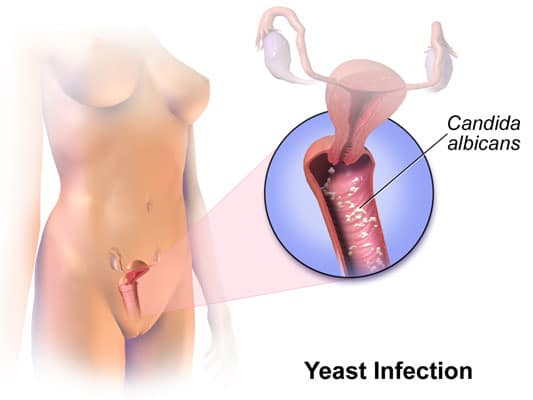Infertility can have various causes, and it often results from a combination of factors. Here are some common causes of infertility in both men and women:
Common Causes of Female Infertility:
1. Ovulation Disorders: Irregular or absent ovulation is a common cause of female infertility. Conditions like polycystic ovary syndrome (PCOS) and hypothalamic dysfunction can disrupt the normal ovulation process.
2. Fallopian Tube Blockage or Damage: Conditions like pelvic inflammatory disease (PID), endometriosis, or previous pelvic surgery can lead to blocked or damaged fallopian tubes, impairing the fertilization process.
3. Uterine Abnormalities: Structural issues in the uterus, such as fibroids, polyps, or congenital anomalies, can interfere with implantation or the ability to carry a pregnancy to term.
4. Age-Related Factors: Fertility declines as women age, especially after the age of 35. Diminished ovarian reserve (a reduced number of quality eggs) and an increased risk of chromosomal abnormalities in eggs are more common in older women.
5. Hormonal Imbalances: Hormonal disorders, such as thyroid dysfunction or elevated prolactin levels, can affect fertility by disrupting the menstrual cycle.
6. Autoimmune Disorders: Certain autoimmune conditions can interfere with fertility by causing inflammation or antibodies that affect the reproductive system.
Common Causes of Male Infertility:
1. Low Sperm Count (Oligospermia): Insufficient sperm production or a low sperm count can significantly reduce fertility. It may result from various factors, including hormonal imbalances, infections, or genetic issues.
2. Abnormal Sperm Function: Sperm must be able to move effectively (motility) and have the right shape (morphology) to reach and fertilize an egg. Abnormalities in sperm motility or morphology can lead to male infertility.
3. Varicocele: A varicocele is an enlargement of the veins within the scrotum, which can raise the temperature of the testes and affect sperm production.
4. Obstruction or Blockages: Blockages or obstructions in the male reproductive tract, often due to prior infections or congenital issues, can hinder the release of sperm during ejaculation.
5. Ejaculation Disorders: Conditions that affect ejaculation, such as retrograde ejaculation (where semen enters the bladder instead of exiting the body), can result in male infertility.
6. Hormonal Imbalances: Hormonal disorders, including low testosterone or high levels of prolactin, can disrupt sperm production.
7. Lifestyle Factors: Lifestyle choices, such as excessive alcohol consumption, smoking, drug use, and obesity, can negatively impact male fertility.
Shared Causes of Infertility:
1. Unexplained Infertility: In some cases, no specific cause of infertility can be identified, despite comprehensive testing. This is known as unexplained infertility.
2. Stress and Emotional Factors: Psychological stress, anxiety, and emotional factors can have an impact on fertility in both men and women, though the mechanisms are not fully understood.
It’s important to remember that infertility can result from a combination of factors, and it may affect both partners. Successful treatment often depends on identifying the underlying causes through thorough evaluation and working with a healthcare provider to develop an appropriate treatment plan tailored to the specific circumstances.
Consult a gynecologist Dr. Arohi Tasgaonkar for personalized advice and guidance, Gynecologist in Waghbil at Complete Women’s Care




